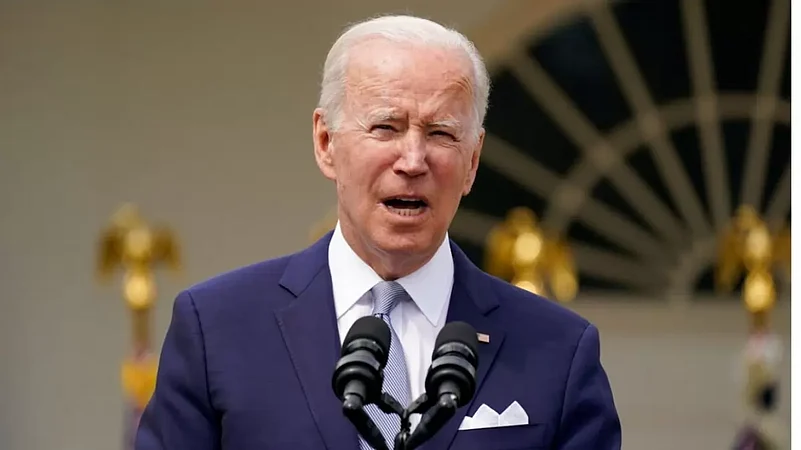Fears are increasing in the United States over a possible economic catastrophe if the US government fails to agree on a deal with the Congress to lift the debt ceiling. If the ceiling is not raised, the US government predicts that the country will be all set to face recession and a global economic meltdown can’t be ruled out.
US President Joe Biden had to cancel his trip to Australia and Papua New Guinea amid negotiations with Republicans in the country over a deal to avoid the crisis.
US Treasury Secretary Janet Yellen has also warned that the date when the US will run out of cash to meet its financial obligations is approaching soon. The government says it can happen as early as the first week of June.
Here we explain what is the debt ceiling and can it affect the Indian Economy if it’s crossed?
What Is Debt Ceiling?
The US Congress puts a limit on the amount Federal Government can borrow to finance its operations. The limit was first introduced during the First World War, which allowed the US Treasury to borrow up to a certain limit freely.
As the government spends more than what it earns, it borrows to fund the deficit and keep the operations running.
Has The Debt Ceiling Ever Been Raised Before?
According to a report of Council on Foreign Relations (CFR), the debt ceiling has been raised 78 times since 1960, with the most recent one in December 2021 when it was raised to $31.4 trillion.
The report stated that the debt ceiling has been raised 49 times under Republican Presidents while it has been done 29 times under Democratic Presidents.
The Congress also has the power to suspend the debt ceiling or allow the Treasury to cross it without any further increase. It has been suspended seven times since 2013, according to the CFR report.
What Happens If The Debt Ceiling Is Breached?
If the debt ceiling is not raised, the US Treasury will fail to pay its bills and default on debt obligations.
The US government has warned that it “could cause significant disruptions to financial markets that would damage the economic conditions faced by households and businesses”.
A meltdown in US market will weigh on other financial markets across the world.
The US Government will also fail to make many of its payments it owes towards Social Security, Medicare and Defense. It also anticipates that a debt crisis would likely cause a recession.
However, it is important to note that the US has never defaulted on its loan obligations. The government has always been able to reach a deal with the Congress to raise the debt ceiling.
What Is Being Done To Reach A Deal?
US President Biden met Republican Speaker of House of Representatives Kevin McCarthy on May 16 to discuss the debt ceiling.
Republicans had passed a bill to lift the debt ceiling but included several spending cuts which the Democrats have opposed.
The bill has to pass Senate, where Democrats have a thin majority, and needs President Biden’s signature to become a law. With Biden vowing to veto it if it reaches his desk, the bill is unlikely to become a law.
President Biden has maintained that he wants Congress to lift the debt ceiling without any conditions.
Both the sides have reached a deadlock in negotiations but they are continuing with a hope that the debt ceiling deal can be reached before June 1, the day it is anticipated that US can run out of cash without a hike in the ceiling.
Can The Debt Ceiling Crisis Affect Indian Economy?
As US has never defaulted on its debt obligations, the impact it can have is still up for discussion.
However, the Indian market can face a downturn in case this happens due to the centrality of US economy to global growth.
The crisis can also have an impact on US Dollar, the currency in which most of the international trade happens.
With US economy shifting into reverse, many Indian businesses with exposure to the United States can face troubles in their operations as investor sentiment is hit and thousands are laid off due to the crisis.
































